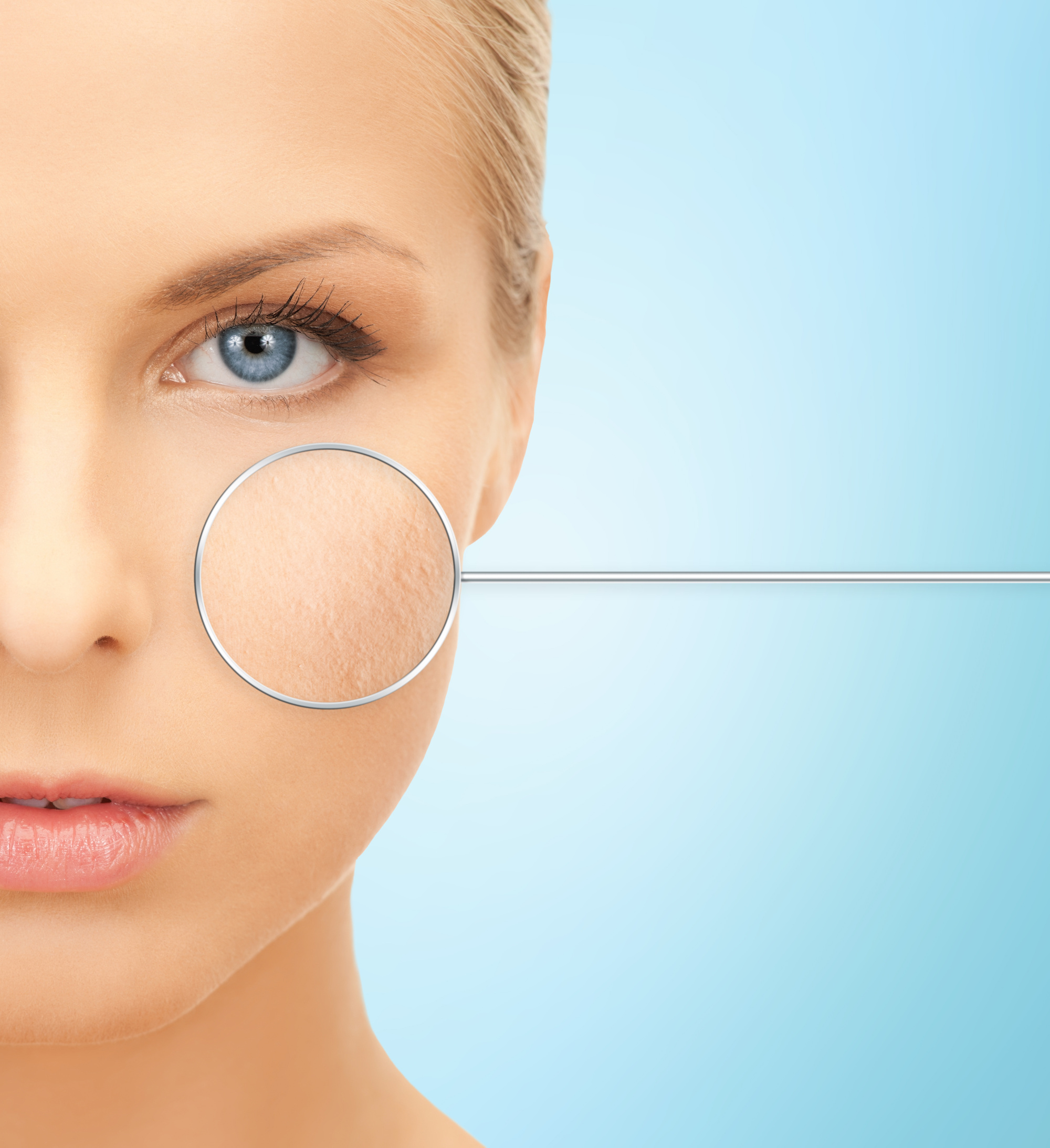 Most of us are at least somewhat familiar with the basic skin “types” — oily, dry, combination, sensitive and normal — but may still be a bit confused about how to characterize our own skin. The easiest place to start is by asking yourself “What traits does my skin have?”. “Making a list of your skin’s characteristics will help you determine your skin type and let you personalize a skin care routine that is geared specifically to your skin’s needs,” says Dr. Kellie Reed, board-certified Dermatologist at Sanova Dermatology.
Most of us are at least somewhat familiar with the basic skin “types” — oily, dry, combination, sensitive and normal — but may still be a bit confused about how to characterize our own skin. The easiest place to start is by asking yourself “What traits does my skin have?”. “Making a list of your skin’s characteristics will help you determine your skin type and let you personalize a skin care routine that is geared specifically to your skin’s needs,” says Dr. Kellie Reed, board-certified Dermatologist at Sanova Dermatology.
Basically, your skin type is largely determined by how much (or how little) oil (sebum) your skin produces. And what causes your skin to produce lots of or only a little bit of oil? Things like
- your genes
- your hormones
- your stress level
- your diet
- your skin care regimen
To further complicate things, your skin changes from week to week, year to year, and over the course of your life. For example, a person with oily skin may find that her skin becomes drier as she ages, yet there are still spots that produce an excess of sebum. Let’s look at the defining traits of the five basic skin types:
1. Dry Skin
If your skin is dry, it feels tight after you cleanse it until you apply moisturizer. You may also notice that it feels dry when you’re a little dehydrated. It also looks dry and lacks a soft, smooth feel.
Care: Cleanse your skin with a detergent-less cleanser that’s formulated for dry skin. Use a rich daily moisturizer, and an even creamier, richer nighttime version. “During the cold months, when your skin can feel even drier, supplement your routine by using a hydrating mask once or twice a week,” says Dr. Reed.
2. Oily Skin
If you have oily skin, you’re probably prone to problems like breakouts, large pores, and an oily appearance, especially in the “T Zone” — the forehead, nose and chin.
Care: Look for products that will clean your skin effectively, without stripping it of moisture. If you’re prone to clogged pores, use a gentle exfoliating cleanser. Just be sure not to over-compensate by using a harsh cleanser, which can make your skin look dehydrated and actually cause your oil glands to work harder. Choose a gentle moisturizer that’s formulated for oily skin and is non-comedogenic (doesn’t cause breakouts).
3. Combination Skin
As its name indicates, combination skin has both dry and oily areas. The cheeks tend to be the dry area, with excess sebum concentrated in the “T Zone” area of forehead, nose and chin, although this can vary from person to person.
Care: You’ll need to use a gentle cleanser and have two moisturizers on hand — one for the dry portions of your face, and one for the oily portions. If you exfoliate, be careful to concentrate only on the oily areas of your face daily, and do your whole face once a week.
4. Sensitive Skin
“People with sensitive skin often have trouble settling on a skin care regimen because certain cleansers, moisturizers and even things like foundation tend to irritate their skin,” Dr. Reed explains.
Care: Look for products that are specifically formulated for sensitive skin. Look for hypoallergenic products as well, and pay attention to triggers in your environment.
5. Normal Skin
If you have normal skin, lucky you! You’ve got the quintessential “peaches and cream” complexion we’re all seeking. Small pores, just the right amount of sebum, and a soft, smooth appearance.
Care: To keep your normal skin healthy, cleanse twice daily with a gentle cleanser, exfoliate gently every other day, and use a light moisturizer.
It’s important to note that every type of skin needs protection from the sun. Read labels and choose sunscreens formulated for your skin type. Use your sunscreen daily and faithfully to avoid future lines and “age spots”, which are actually indicative of past sun exposure.
Contact Us
Visit the expert dermatologists at Sanova Dermatology in Austin for help with specific skin problems such as acne or to learn about non-invasive skin treatments for the signs of aging. Contact us today for an appointment!
